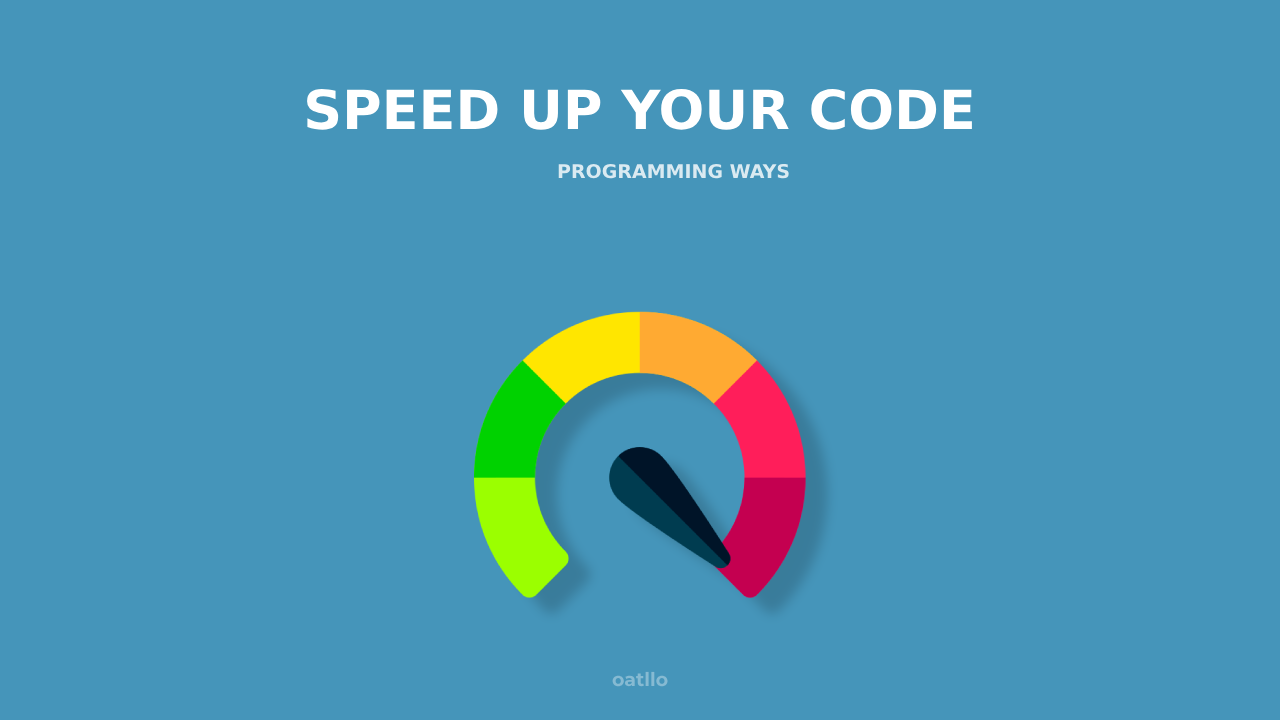Understanding PHP Performance
PHP performance is a critical topic for developers, especially when it comes to building scalable and efficient web applications. Whether you are a seasoned programmer or just starting, understanding PHP performance optimization can greatly enhance your projects. Knowing how to write efficient code can lead to faster load times and a better user experience.
Common Factors Affecting PHP Performance
Several elements can impact the performance of PHP applications. These include the choice of frameworks, database interactions, and even the configuration of your server. Adopting best practices such as caching strategies, optimizing database queries, and minimizing overhead can significantly improve performance. Knowing which PHP extensions to utilize can also make a big difference in how fast your application runs.
Tools for Measuring PHP Performance
To effectively optimize your application, it is essential to measure its current performance. Tools like Xdebug, Blackfire, and New Relic can provide valuable insights into performance bottlenecks. By using these tools, you can analyze execution time, memory usage, and other critical metrics that affect your application’s performance. Identifying these bottlenecks allows you to make informed decisions regarding optimizations.
PHP Performance Optimization Techniques
There are numerous techniques to optimize PHP performance. Implementing opcode caching, utilizing output buffering, and reducing the number of HTTP requests are just a few methods that can lead to substantial performance gains. Moreover, considering asynchronous operations and optimizing your PHP configuration settings can help you achieve a more efficient environment for your web applications.
Best Practices for Maintaining PHP Performance
Maintaining PHP performance is an ongoing process that requires regular monitoring and adjustments. Following a set of best practices, such as keeping your PHP version up to date, adhering to coding standards, and conducting regular performance tests, can ensure that your application remains efficient over time. Additionally, continually evaluating your architecture and codebase can unveil opportunities for further optimization.
Explore the articles below to deepen your understanding of PHP performance and discover actionable strategies that can enhance your applications!
